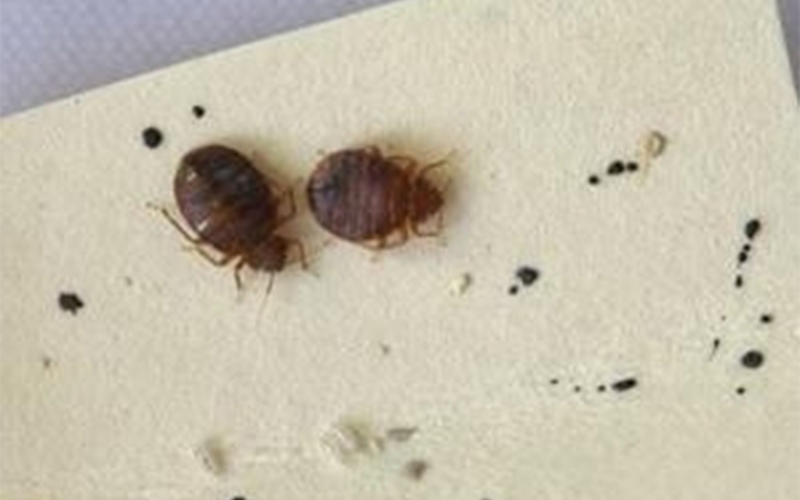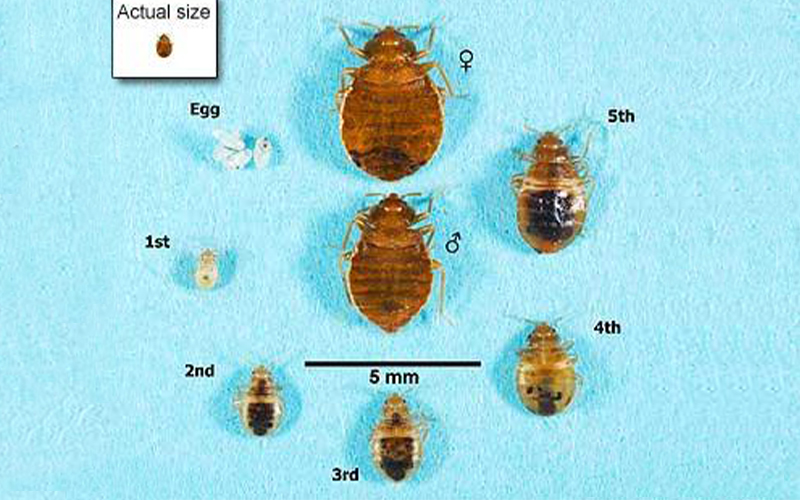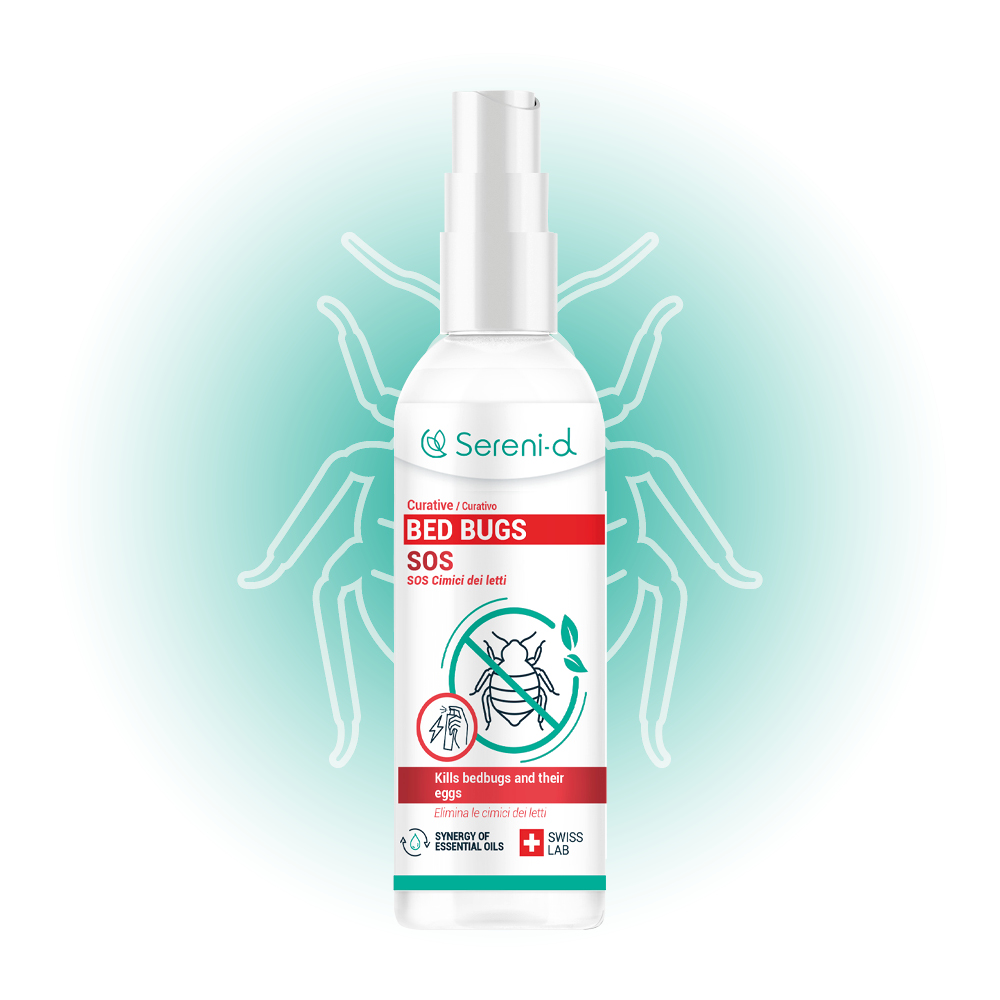When in doubt about the presence of bed bugs in your home or accommodation, knowing what to look for and what a bed bug looks like is the first step to identifying and taking control of bed bugs if there is an infestation, or taking steps to avoid bringing them home. Below is a description of the appearance of bed bugs, as well as information on their life cycle and size.
Bed bug appearance
Adult bed bugs are generally :
– the size of an apple seed (5 to 7 mm), long and brown, with a flat, oval body (if they haven’t recently been fed by biting a host);
– balloon-shaped, reddish-brown and more elongated (if they have recently been fed by biting a host);
– bed bugs are insects with all the characteristics of true insects, namely a 3-part body (head, abdomen and thorax), and antennae;
– smell bad, with a sweet odor produced by glands located on the lower part of the body.
Young bed bugs (also called nymphs) are generally smaller, translucent or whitish-yellow in color. If they haven’t been fed recently, they may be almost invisible to the naked eye due to their color and size.
Bed bug eggs are usually tiny, the size of a pinhead and pearl-white in color, making them difficult to detect.

Bedbug life cycle
The life cycle of a bed bug is illustrated in the image below. Over the course of its life, a bed bug passes through the following stages (from top left, counter-clockwise):montre) :
– Eggs (1 mm).
– 1st nymph stage (1.5 mm)
– 2nd nymph stage (2 mm)
– 3rd nymph stage (2.5 mm)
– 4th nymph stage (3 mm)
– 5th pupal stage (4.5 mm)
– Unfed adult female.

So bed bugs go through different stages throughout their lives. They vary in size and are difficult to identify due to their small size and the fact that they mainly come out at night.
SOS Bedbugs spray destroys bed bugs at all stages of their development. Active plant molecules neutralize bed bugs by acting directly on their nervous system and exoskeleton, paralyzing and drying them out.

